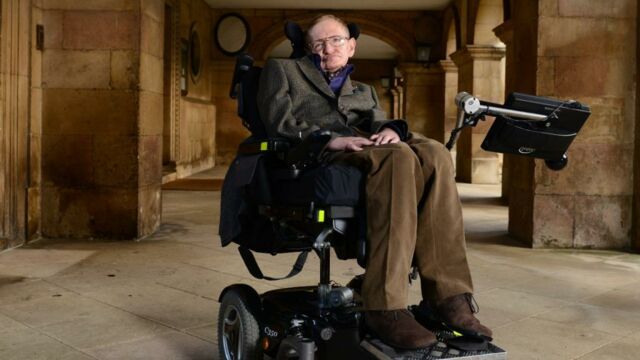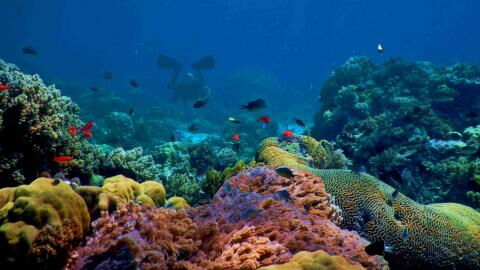One of the most renowned scientists in the world, Hawking was known for his theories on general relativity and black holes. The researcher was globally popular to the point that his life and work were adapted into a biography film, A Wonderful Story of Time. Apart from focusing on his fields of research, he would also venture out to formulate hypotheses about future predictions of human beings and planet earth, in general.
Discover our latest podcast
On March 14 2018, he passed away due to a neurodegenerative pathological disease called Charcot's disease that caused permanent paralysis on all of his body. Until his death, he used his popularity and emphasized the threats and challenges that humanity was going to face in the approaching future.
Will humans evacuate from earth?
Hawking developed a theory in which he stresses that humans should vacate earth and begin the process of colonizing other planets in the galaxy. According to him, the environment and ecosystem of Earth is very delicate. There is a high possibility of Earth being destroyed very easily in the coming future due to several reasons (artificial intelligence, climate change, genetically modified viruses, nuclear war...).
However, the highest concern for him was the high impact of a low probability event, for instance, imagine an asteroid struck our planet. He predicted to the BBC, in 2016
Although the risk of a catastrophe on planet Earth in a given year may be quite low, it adds up over time and becomes a near certainty in the next thousand or 10,000 years.
Nevertheless, the physicist was not deterred from proposing the possibility of taking over the outer space in the coming future:
We will not establish autonomous colonies in space for at least the next hundred years, so we have to be very careful in this period.
Read more:
⋙ UFOs: The terrifying revelations of the first British astronaut
⋙ Climate change: A tiny marine predator that could help fight climate change has been discovered
⋙ Artificial intelligence can tell us what we'll look like in 10 years
Is Artificial Intelligence a threat to humanity?
While he frequently praised the opportunities made possible by the rise of robotics and artificial intelligence, Stephen Hawking was not blind to the dangers that such technologies entailed. He mentioned in another interview with the BBC, in 2014:
The development of complete artificial intelligence could mean the end of the human race,
Once humans had developed artificial intelligence, it would take off on its own, and redefine itself faster and faster. Humans, limited by slow biological evolution, would not be able to compete and would be overtaken.
Climate change crisis
Stephen Hawking was also one of the first researchers to warn the world about the ongoing global warming crisis and how it is a threat to humanity. He dreaded the day of the 'tipping point' when the consequences of the damage would become irreparable. He told the BBC in 2017:
We are close to the tipping point where global warming becomes irreversible. Trump's action could push the Earth to the brink, to become like Venus, with a temperature of 250 °C (Venus's temperature is 460 °C) and sulfuric acid rain.
Caution from extraterrestrial life
Scientists from the 'Search for Extra-Terrestrial Intelligence program', aka 'Seti', have been attempting to make contact with possible extraterrestrial life forms, for more than 60 years now. Anything but a good idea according to Stephen Hawking.
In 2010, it was also predicted by the physicist that there is a high probability of extraterrestrial beings attacking and taking over the resources of our planet, which would then prove to be catastrophic for humanity.
Considering the fact that the alien civilization would be significantly superior than the humans from a technological perspective, they can easily seek and extract all of our resources. He compared:
If extraterrestrials visited us, the result would be similar to the arrival of Christopher Columbus in America, which did not go well for the Amerindians,
We only have to look at ourselves to see how intelligent life could become something we would not want to encounter.
This article has been translated from Oh! My Mag FR.















